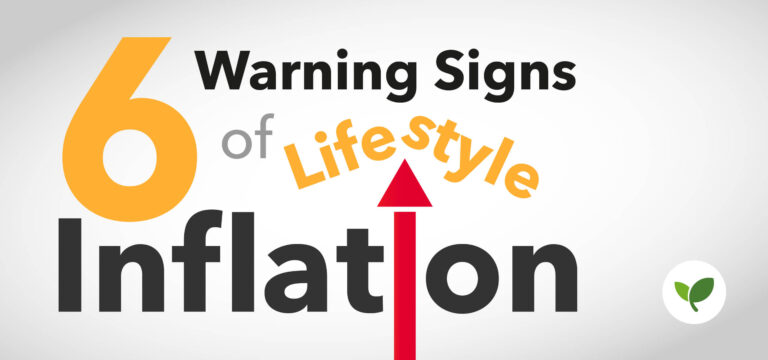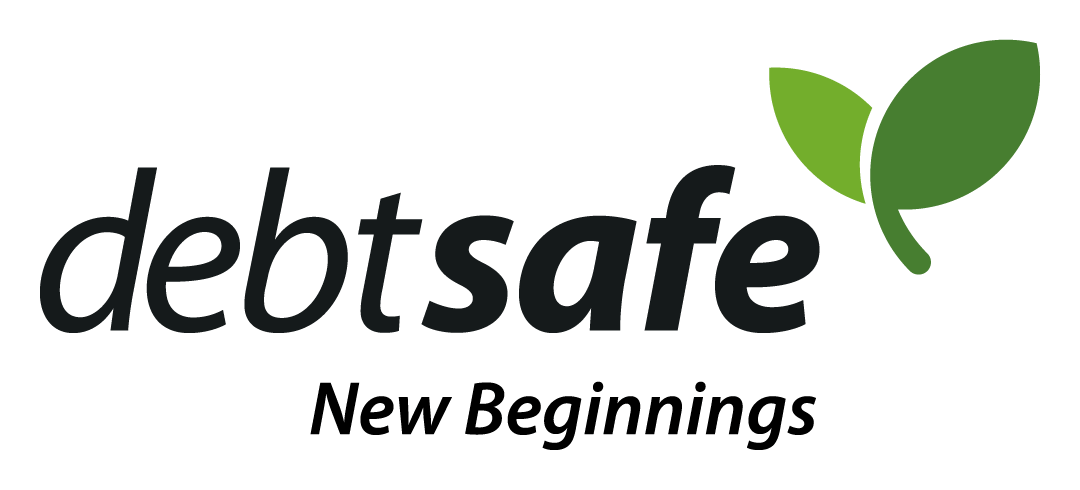Debt education is an important life skill that most of us did not have the privilege to acquire when growing up. Fostering knowledge about debt, its causes, its solutions and how to react to events that directly influence your debt forms part of this skill set.
It is never too late to learn and change your financial legacy. Educating yourself on how to budget, or how to manoeuvre through a cash flow crisis, or how to build healthy financial habits will cultivate the skillset to achieve financial freedom.
Explore the Debt Education topics below to take back power over your finances and end the vulnerability caused by over-indebtedness.

Latest blog

Rethink Debt Review
In today’s challenging economic climate consumers are eagerly searching for financial solutions to the ever-increasing cost of living, high interest rates on debt and unforeseen expenses that seem never-ending. Consumers who have significantly high debt compared to their income, are inundated with possible debt solutions from various companies which can be very confusing and leave
FAQ’s
A: It is the employer’s choice on what the exact requirements are for their employees, so we will not be able to say definitively.
However, historically we have seen that in general being under Debt Review is not an issue when looking for employment. The only industry that might have some question is if you are looking to be employed in the financial sector.
Theoretically, there shouldn’t be discrimination towards someone in Debt Review when it comes to employment opportunities.
A: Due to the endorsement of the National Credit Act 34 (of 2005) in 2007, Debt Counsellors started their profession in the Debt Counselling industry. Debt Counsellors are required in terms of section 86(6) to conduct an assessment concerning the over-indebtedness of a consumer. Through the Debt Counselling or Debt Review process a Debt Counsellor, therefore, offers a responsible and regulated rehabilitation remedy to an over-indebted consumer or individual.
If the Court declares an individual as ‘over-indebted’ and the person goes under Debt Review, the Debt Counsellor needs to remain a person of trust and integrity. Typical tasks involve the following (but are not limited to): negotiating with creditors, taking care of the necessary registration processes and various behind-the-scenes administrative tasks.
A: Over-indebtedness refers to a situation when you do not have the means to meet all of your debt obligations or financial commitments at the end of each month. Read the following article to assist with further details about the concept: https://www.debtsafe.co.za/tips-to-erase-over-indebtedness/
A: It is your RIGHT to ask the relevant creditors (that declined your application) for insight into why the application was rejected.
And, you have the RIGHT to pull one free credit profile per year, investigate your credit profile and make sure that there are no irregularities on the profile that might affect your credit score in a negative manner.
A credit profile shows the credit providers what your credit health is as well as how you manage your credit/pay credit agreements.
It is, unfortunately, true that without a credit record the institutions cannot see that you are a good ‘payer of credit’, especially on a large amount.
Our advice as debt industry leaders will be to open a credit agreement (for example, a credit card or store card) and build your credit record in a controlled manner.
Keep in mind that while trying this method, you should always regulate your income, expenditures and debt amounts.
Good luck with (slowly but surely) building a good credit record. And, continue to sustainably manage your debt the way you have already set forth.
A: Many South African consumers are under the impression that the term ‘blacklist’ still exists, but there is, in fact, no such thing anymore. The word ‘blacklist’ should rather be replaced with the following: consumers that portray or have a bad credit record/profile.
The word ‘blacklist’ is sometimes evident in marketing campaigns to ‘frighten’ consumers. The word or concept has not been in use for a while now and this informal term was used during a time when credit bureaus only kept negative data or information on record about consumers’ ‘credit behaviour’. These days positive data also appears on a person’s credit profile.
A: A service agreement is an agreement where the service provider performs physical work (labour), services or responsibilities for or on behalf of the customer/consumer/client against compensation or payment.
Typical service agreements include gym memberships, phone, or data contracts, for example.
A: A credit agreement is a contract/agreement between a consumer and credit provider in which a credit provider offers a product or monies to the consumer. According to the National Credit Act (NCA) the consumer has to be given a contract (that explains the terms and conditions of the agreement) and a quotation (disclosing the total amount/fees payable under the specific agreement) by the credit provider on acceptance of the agreement.
The Act also defines a credit agreement as:
a) a credit facility,
b) a credit transaction,
c) a credit guarantee, or
d) any combination of the above.
A: The National Credit Regulator (NCR) is the ‘regulating body’ of the South African credit industry. The regulator was established by the National Credit Act No. 34 of 2005 (referred to as ‘The Act’).
The regulator aims to encourage the development of an accessible credit market – mainly involving underprivileged persons, low-income individuals, and isolated communities. Credit bureaus, credit providers and debt counsellors are regulated and required by the NCR to comply with ‘The Act’.
A: A CREDIT PROVIDER enters into a credit agreement by lending money or offering credit to a consumer. It is of utmost importance that a credit provider must be registered under ‘the Act’ (NCA) and, with the National Credit Regulator (mostly referred to as the NCR).
According to ‘the Act’ (NCA): “in respect of a credit agreement to which this Act applies, means –
a) The party who supplies goods or services under a discount transaction, incidental credit agreement or instalment agreement;
b) The party who advances money or credit under a pawn transaction;
c) The party who extends credit under a credit facility;
d) The mortgagee under a mortgage agreement;
e) The lender under a secured loan;
f) The lessor under a lease;
g) The party who advances money or credit to another under any other credit agreement; or
h) Any other person who acquires the rights of a credit provider under a credit agreement after it has been entered into;”
A: If you completed your previous Debt Review successfully then it should be possible.
But it is very unlikely that your second Debt Review will be granted if you failed to pay your first Debt Review instalments. The main reason for this is that you will still need to pay your first Debt Counsellor’s outstanding fees. Plus, your creditor will most likely not agree to any new repayment plan since the last repayment plan was not followed.
A: A Section 129 Notice/Letter gives you notice to either bring your payments up to date, or, that you should consider the help of a resolution agent, the consumer court, ombud with jurisdiction, or apply for a debt relief process, such as Debt Review, within 10 working days. If you fail to respond within ten (10) business days of receiving this notice, and you have been in default of twenty (20) business days already, your creditor(s) will proceed to take or institute legal action against you, the consumer.
A: The National Credit Act / NCA (also referred to as ‘The Act’) became fully operational on 1 June 2007. The Act aims to provide improved standards of consumer information and strives to promote a fair and non-discriminatory platform for consumer credit by regulating the process.
A: The National Credit Act (NCA) has been a subject of criticism due to its drafting and wording. The National Credit Amendment Act (NCAA) became operational on Friday, 13 March 2015 and contains the broadest changes to the Act to date.
A: The National Credit Act (NCA) must be read with the National Credit Regulations (the Regulations) promulgated in terms of the NCA (or ‘The Act’). The Regulations are complementary to their enabling sections in ‘The Act’. They provide for matters not specifically dealt with by sections of ‘The Act’. The Regulations became operational on Friday, 13 March 2015.

More Blog’s

10 Questions to Ask Yourself Before Making Any Financial Commitment: Big or Small
Financial decisions, big or small, can significantly impact your financial

Over-Indebtedness. What It Is, & What Your Options Are
Debt is as typical in South Africa as potholes. But

Are You Guilty of Lifestyle Inflation? Here are the 6 Warning Signs
What Is Lifestyle Inflation? Lifestyle inflation is spending more as

 Debt Education
Debt Education
